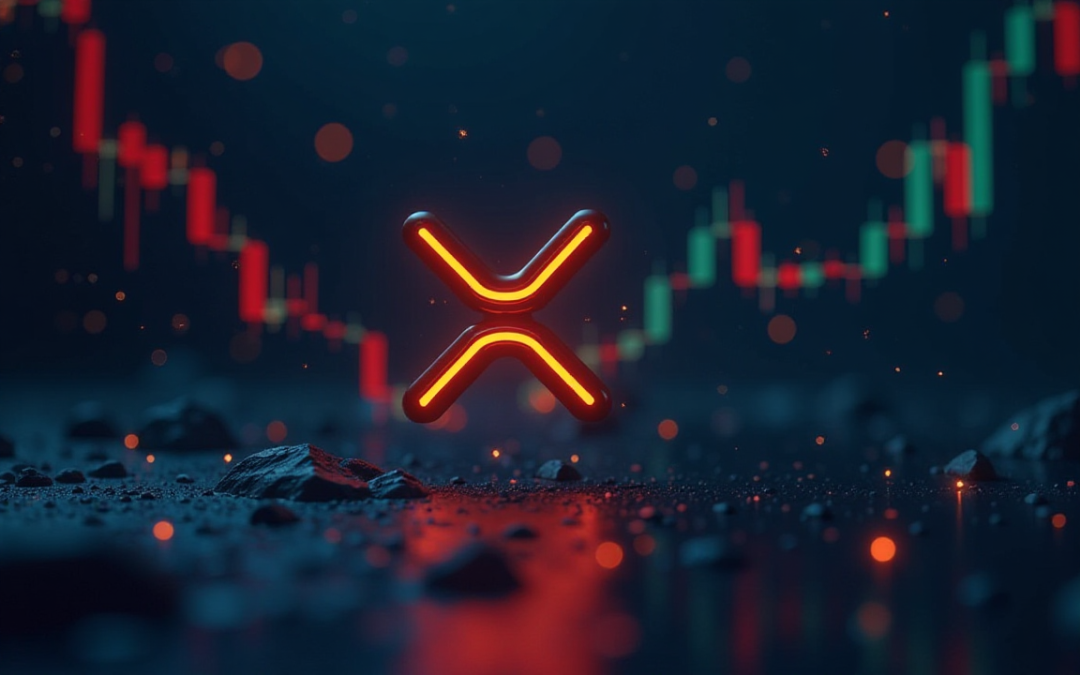- The SEC and Ripple have officially ended their long-running 2020 lawsuit by voluntarily dismissing their appeals.
- The dismissal leaves in place a 2023 ruling that included $125 million in fines for Ripple’s institutional XRP sales.
- XRP’s price jumped 5% to around $3.27 following the news of the case’s conclusion.
The protracted and closely watched legal battle between the US Securities and Exchange Commission (SEC) and Ripple Labs has officially come to a close.
In a joint filing on Thursday, the two parties informed the Second Circuit Court of Appeals that they were voluntarily dismissing their respective appeals, bringing an end to a landmark case that has captivated the cryptocurrency industry since it was first filed in 2020.
The joint stipulation, a formal agreement between the two parties, specifies that both the SEC and Ripple will each bear their own legal costs, effectively ending the years-long legal saga.
The lawsuit was originally initiated in 2020 by the SEC under its former Chair, Jay Clayton, who now runs the US Attorney’s Office for the Southern District of New York. The core of the SEC’s case was the allegation that Ripple had violated securities laws through its sale of XRP, the digital token closely associated with the company.
The market’s reaction to the news of the dismissal was swift and positive. The price of XRP jumped 5% following Thursday’s filing, trading at around $3.27 as of press time.
A look back at a contentious and consequential case
The path to this final dismissal has been a winding one. The legal battle had seen both sides claim partial victories. In a pivotal 2023 ruling, a district judge found that Ripple had indeed violated securities laws in its direct sales of XRP to institutional traders.
However, in a major win for Ripple and the broader crypto industry, the judge also ruled that Ripple’s programmatic sales of XRP to retail traders through exchanges did not constitute the sale of securities.
Following this split decision, the SEC filed an appeal in 2024, challenging the part of the ruling that favored Ripple. Ripple, in turn, cross-appealed to maintain its legal arguments in the case.
However, the tide began to turn earlier this year. Ripple CEO Brad Garlinghouse announced in June that both parties had agreed to drop their respective appeals.
This decision effectively leaves District Judge Analisa Torres’s original penalties in place.
These penalties, which were tied to her finding that Ripple had violated securities laws in its sales to institutional investors, included $125 million in fines and a permanent injunction against any further violations of the law by the company.
The parties had previously attempted to negotiate these penalties down, but multiple attempts were reportedly rejected by Judge Torres due to procedural and other concerns.
A shifting regulatory landscape under new leadership
The move to pause and ultimately dismiss the appeals also comes amidst a broader shift in the US regulatory landscape for cryptocurrencies.
This shift has occurred since President Donald Trump retook office and installed new leadership at the SEC.
Under this new leadership, the agency has reportedly dropped over a dozen cases and investigations into various crypto companies in the last few months, signaling a potentially more industry-friendly approach.
The formal conclusion of the long-running Ripple case is now being seen by many as another clear sign of this new regulatory chapter.















